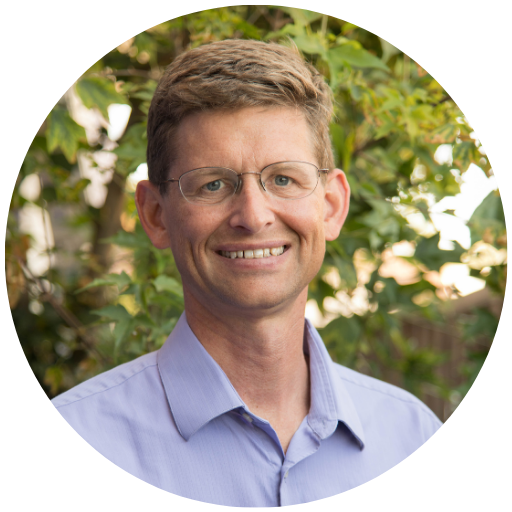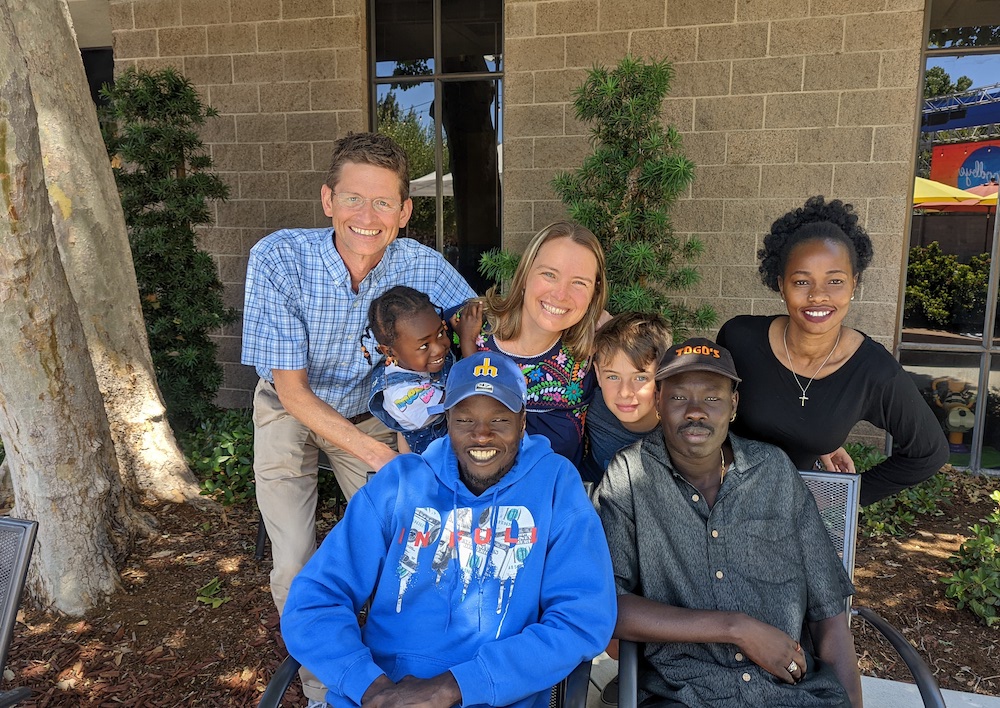I remember doing service projects at homeless shelters and nursing homes when I was a child. My mom would make us sing songs to cheer people up, and every time, somebody in the crowd would respond by giving me a piece of candy. A butterscotch hard candy, as often as not. Everyone’s first thought is, “Don’t eat it!” Visions of homeless people and bedbound elderly tampering with butterscotch candies played through my head like weird nonsensical dreams. Ultimately my love of sugar would overcome my paranoia and the butterscotch would be melting in my mouth. I had thought that I was supposed to be the giver and they were supposed to be the recipients, separated by the great chasm of Better and Worse, but they wanted to give me something too.
It is more blessed to give than to receive. Charity isn’t supposed to create a “giver-receiver” dichotomy. There is no poverty like that of someone who has nothing to give; The Perpetual Recipient. Maybe this is part of the reason why in rural Zambia, villagers killed their last chicken for us when Brett & I came to visit. Maybe this is part of the reason why American poverty is so severe – we create systems where people become Perpetual Recipients. We give them everything they need to live, and they give nothing. Part of the problem is that they’ve become Perpetual Recipients, and part of the problem is that we haven’t learned how to receive from them, those whom Jesus called “Blessed.”
It wasn’t until we moved into San Jose’s Washington neighborhood, and had problems we couldn’t solve, that the tables turned, and we got to be blessed. When we moved into our house 11 years ago, during a particularly cold, rainy February, no one wanted to help us move. No one, that is, except for our Mexican neighbors and our African immigrant friends (also my parents). And the great chasm was smaller.
When we quit our jobs to start Healing Grove, our cleaning ladies cleaned our house once a month for free, for 9 months. As a gift. They knew how messy our house was and had pity on us, even as they faced terrible poverty themselves due to the pandemic. When we worked insane hours at the clinic doing COVID testing for the community, our Mexican friends, who were struggling financially as a result of the shutdown, dropped off food, drinks, and even ice cream at our house or the clinic several times a week. We have received free haircuts, free landscaping, and someone even painted our entire house for free (ok that was not a low-income guy but it was amazing)! And the chasm shrunk even more.
A group of low income Mexicans got together about 6 months ago and decided to host a Luke 14 party at a local homeless encampment (look up Luke 14:12). Every Tuesday, they cook a wonderful Mexican meal and then take it to a homeless camp near the Guadalupe River. They don’t serve the homeless; rather, they bring out tables and chairs and sit down to eat WITH their homeless friends. It’s the poor serving the poor! You know what’s funny? A lot of people are afraid to spend time out there – but our low income neighbors do it faithfully every Tuesday. And really, when you are giving, all of a sudden you are not poor anymore. In 2022, the goal will be for everyone to bring something to the party; that way, nobody at the party will be poor, at least for a couple of hours.
There was a time in 2021 when some of our friends suddenly stopped talking to us. Our Latin American neighbors noticed we weren’t doing well and asked us about what was going on. They comforted us with the assurance of those who have been through similar kinds of pain.
A few days ago, an 18-year-old girl whom we’ve known since she was in the first grade came to the clinic with a cold. After taking care of her medical complaint, I asked how school was going. The first in her family to go to college, she was just finishing her first semester at a University of California school. She was struggling in some areas and doing well in some areas, but what really had her stuck was trying to buy a lab coat for an upcoming science class. She didn’t know where to go. I had her try on my lab coat for sizing, then opened up Amazon.com and bought her a lab coat. As it turned out, the only day we could bring it by her house was on Christmas Day. We knocked on the rickety door on the not-to-code old migrant farmworker backhouse they live in, one of the relics from when San Jose was covered in orchards 100 years ago. The house was instantly quieted upon knocking until Brett loudly announced, “It’s Brett!” and the door swung wide open. Inside the tiny 1 bedroom house were 10 people, a large dog, a brightly decorated tree, a huge fish tank full of fish, and a table piled high with tamales. This girl’s mom makes the best tamales. Everyone gave us hugs and shook our hands and told us “Feliz Navidad!” We presented her with the lab coat and we were not allowed to leave until we agreed to take a plate of piping hot tamales. A pretty great last minute gift exchange, and now we had Christmas dinner for our long drive to Oregon. Nobody was poor that day.
We can talk all day about everybody having infinite value in God’s sight, but it doesn’t mean anything if charity only flows only one way. If people are really important, talented, valuable, and intelligent, then they can give something too. Charity, as defined by the dictionary, is all about giving money to the poor. Charity, as defined by the Bible, is the highest form of love, expressing the reciprocal love between God and man that is reflected in the unselfish reciprocal love of our neighbors. When this kind of reciprocal love happens, the poor are elevated and the mighty are humbled, nobody is Better or Worse, and for the first time, unity is possible.
In Acts chapter 4, Paul describes the road map to Unity: they prayed for boldness, they were filled with the Holy Spirit, they healed the sick, they were “one in heart and mind,” and they shared their possessions to the point of eliminating poverty. Unity has been the Healing Grove theme. We celebrated Dia de Unidad (Day of Unity) with 1,500 people in September. We worked on Catholic-Protestant distrust through Bible studies and cultural celebrations. We want to get to the point where we love one another reciprocally, we cheer for each other, we want each other’s success. Being one, just like Jesus and God and the Holy Spirit, just like those dream teams where each player plays his part so perfectly, where the spiritual math makes the whole greater than the sum of its parts, harmonious and unstoppable.
I’d like to say that we accomplished unity this year, but in truth, we didn’t. Francis Chan put it this way in his newest book, Until:Unity: “The problem is that unity will never happen without a fight.” We’re definitely in the fight. Catholics, Evangelicals, Pentecostals, English speakers, Spanish speakers, Americans, Koreans, Chinese, Mexcians, Guatemalans, Hondurans, and Colombians, all in the fight for unity. As we share what we have – health care, soul care, and culture care, we’re finding a path forward towards a unity breakthrough!

